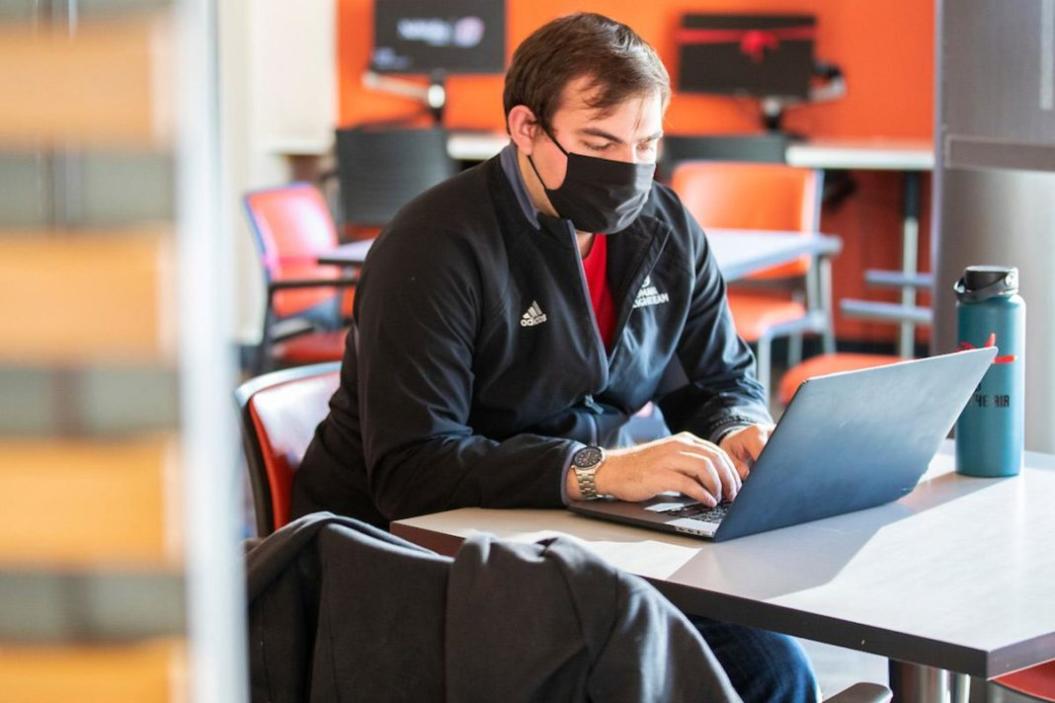Do Face Masks Cause Health Problems?
As the COVID-19 pandemic continues to sweep across the globe, face masks have become an essential part of our daily lives. While they are widely recognized as an effective tool in preventing the spread of respiratory illnesses, concerns have been raised about their potential health implications.

This article aims to examine the evidence regarding the health effects of face masks, weighing the potential benefits against the risks and providing recommendations for safe and effective mask usage.
Background
Face masks have been used for centuries to protect individuals from airborne contaminants, such as dust, pollen, and infectious agents. In healthcare settings, surgical masks are commonly worn by healthcare workers to prevent the transmission of respiratory infections from patients to healthcare workers and vice versa.
During the COVID-19 pandemic, the use of face masks has been widely recommended by public health authorities as a measure to reduce the spread of the virus. Various types of face masks are available, including surgical masks, N95 respirators, and cloth masks.
Potential Health Benefits Of Face Masks

Face masks can provide significant health benefits by helping to prevent the spread of respiratory illnesses, including COVID-19.
- Reduced Transmission Rates: Studies have shown that face masks can effectively reduce the transmission of respiratory droplets, which are the primary mode of transmission for many respiratory viruses, including SARS-CoV-2, the virus that causes COVID-19.
- Protection for Vulnerable Populations: Face masks can provide additional protection for vulnerable populations, such as the elderly, those with underlying health conditions, and immunocompromised individuals, who are at higher risk of severe illness from COVID-19.
- Community Protection: By reducing the spread of respiratory illnesses, face masks can help protect entire communities, leading to decreased healthcare burden and economic disruption.
Potential Health Risks Of Face Masks
While face masks offer significant health benefits, concerns have been raised about their potential health risks.
- Skin Irritation: Prolonged use of face masks can cause skin irritation, especially in individuals with sensitive skin. Symptoms may include redness, dryness, and itching.
- Headaches: Some individuals may experience headaches or facial pain due to the pressure exerted by the mask on the face.
- Difficulty Breathing: Wearing a face mask can make it slightly more difficult to breathe, particularly for individuals with respiratory conditions such as asthma or COPD.
- Potential for Bacterial Growth: Improperly cleaned or reused face masks can become a breeding ground for bacteria and other microorganisms, potentially leading to infections.
Weighing The Risks And Benefits

When considering the potential health benefits and risks of face masks, it is important to weigh the individual factors that may influence the decision to wear a mask.
- Individual Health Conditions: Individuals with underlying health conditions, such as respiratory or skin conditions, should consider the potential risks and benefits of face mask usage in consultation with their healthcare provider.
- Mask Type and Fit: The type of face mask and its proper fit can significantly impact the potential risks and benefits. Choosing a mask that fits snugly and is made of breathable material can minimize discomfort and potential health risks.
- Duration of Use: The duration of face mask usage should be considered. Prolonged use may increase the risk of skin irritation and discomfort, while short-term use is generally considered safe for most individuals.
Recommendations For Safe And Effective Face Mask Usage
To ensure safe and effective face mask usage, the following guidelines should be followed:
- Proper Mask Selection: Choose a face mask that fits snugly and covers both the nose and mouth without gaps. Avoid masks with valves or vents, as they can allow respiratory droplets to escape.
- Proper Fitting: Ensure that the mask fits securely on the face, with no gaps around the edges. Adjust the mask as needed to achieve a comfortable and secure fit.
- Regular Mask Maintenance: Disposable masks should be discarded after each use. Cloth masks should be washed regularly, preferably after each use, using hot water and detergent.
- Avoid Touching the Mask: Avoid touching the mask while wearing it, as this can transfer contaminants from the hands to the mask.
- Take Breaks: If you experience discomfort or difficulty breathing, take breaks from wearing the mask in low-risk settings, while maintaining physical distancing.
Face masks offer significant health benefits in preventing the spread of respiratory illnesses, including COVID-19. While there are potential health risks associated with face mask usage, these risks are generally mild and can be minimized by following proper mask selection, fitting, and maintenance guidelines.
When weighing the risks and benefits, it is clear that the benefits of face mask usage far outweigh the potential risks for most individuals. By following public health guidelines and recommendations, individuals can make informed decisions about face mask usage and contribute to the protection of their own health and the health of their communities.
YesNo

Leave a Reply